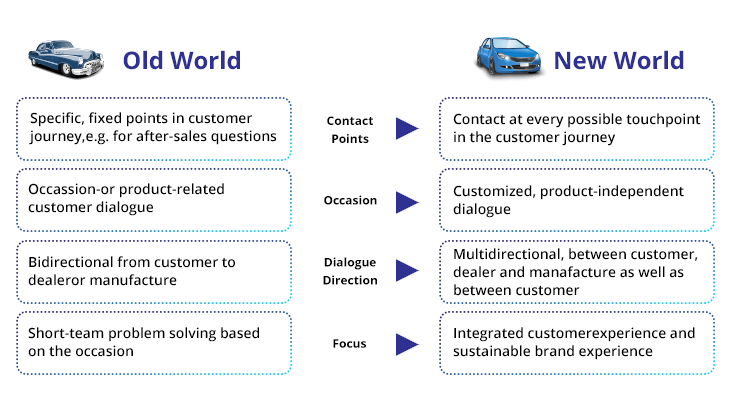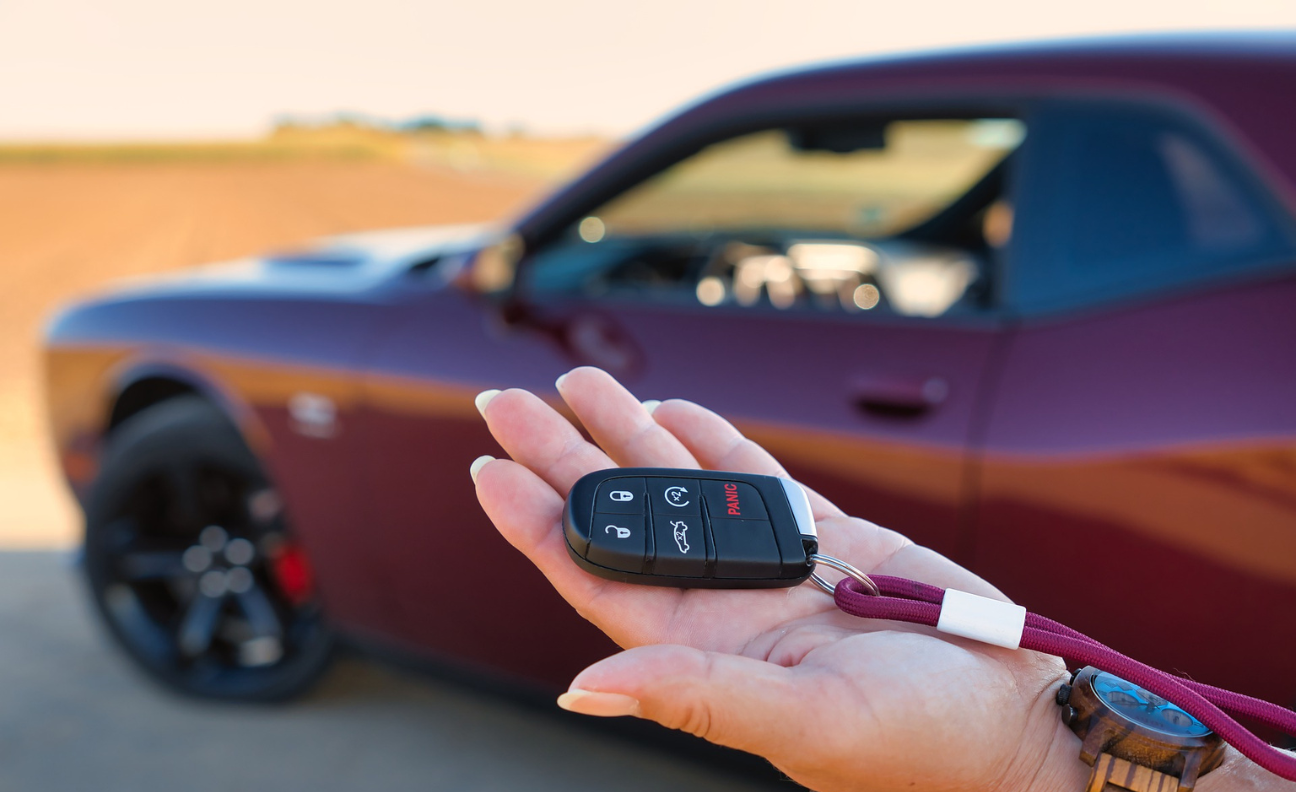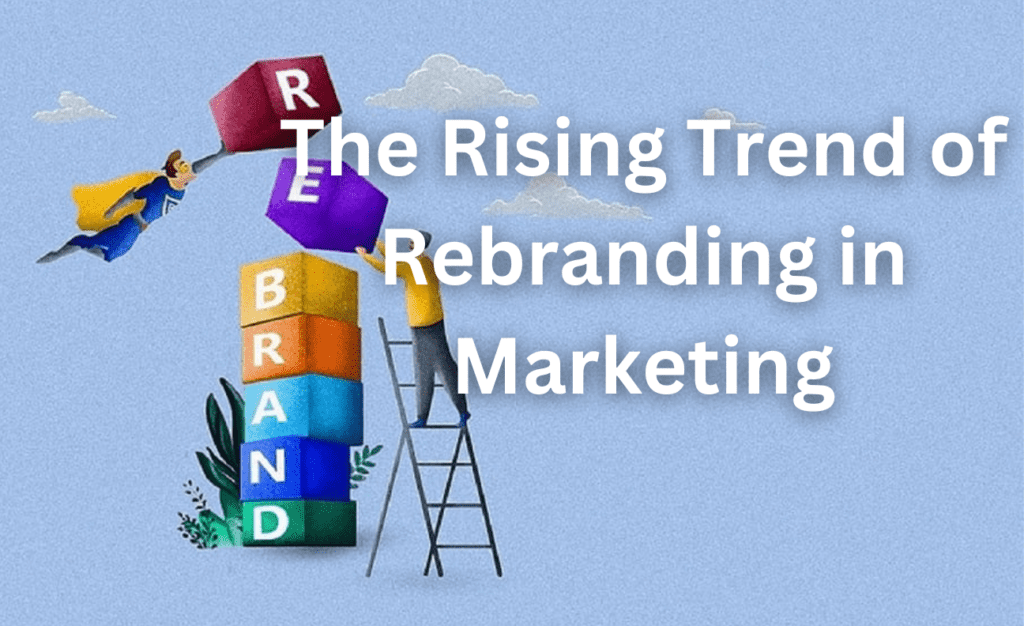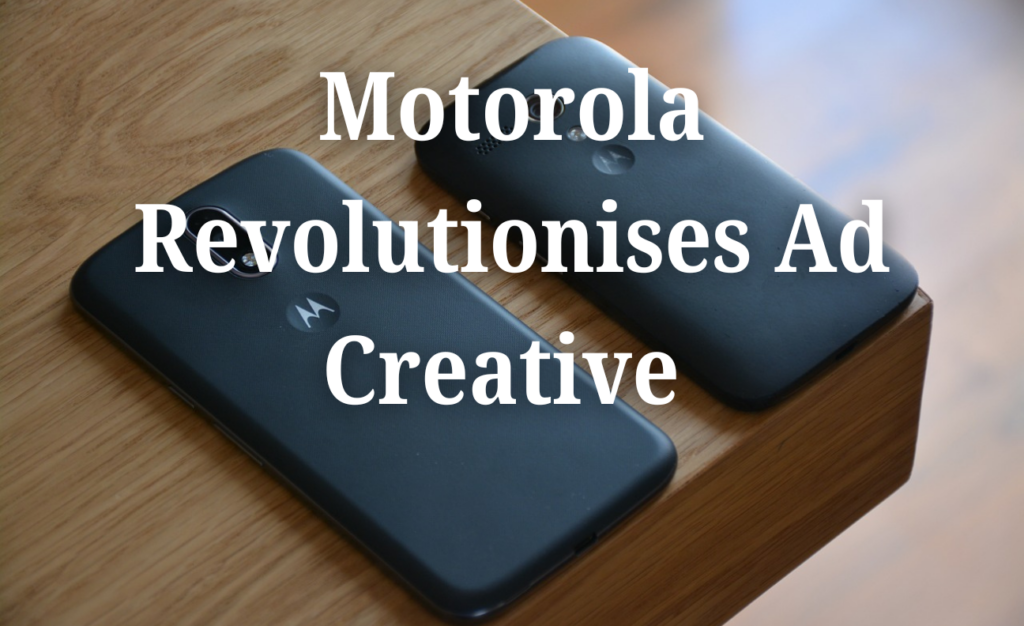Although online shopping is on the rise, most motorists remain hesitant when it comes to buying cars online. For instance, the YouGov 2021 survey found that 62% of car buyers were put off by the prospect of a lack of test drives when making an online purchase. Other reported fears of online car buying include the inability to negotiate effectively on price or access to appropriate financing options.
In short, there are still many motorists who prefer the traditional dealership experience when it comes to buying a car. But, will this trend continue; and if this trend continues, how will the future car buying experience look like?
The Future of Car Buying
Prospect of Shared Mobility & Autonomous Vehicles
Firstly, if shared mobility and autonomous vehicles take off, will people still buy cars for personal use? People may be happy to make existing car purchases for the time being, but in the future, as autonomous vehicles become increasingly available and reliable, people may opt to avoid buying a car altogether.
For that change of attitude to happen, the automotive industry must also consider how they will manage e-commerce when it comes to selling cars online. As more people become comfortable with the idea of buying cars online, there will be a need for more secure payment options and better customer service in order to ensure that buyers feel safe when making a purchase.
However, if the prospect of shared mobility does take off, In the future, car prices may no longer be for the entire vehicle. Instead, it may be Pay-As-You-Go: you’ll only pay for how long or how far you use it. This will change the entire car buying experience as we know it.
Omnichannel Car Buying Experience
If we consider a continuation of the current trends – customers wanting some form of a comfortable blend between an online and offline buying experience, we should see some form of omnichannel car buying experience. And, if you consider an omnichannel car-buying experience, it would probably mean beginning on a website and exploring products but not necessarily asking for specific brands or models. The features of the cars may become even more important for the customers.
So, we may move towards a buying experience that matches cars with personalities. And then based on what you want to tactically do as well as your personal style and what you want owning a car to express, the site would recommend a suited set of vehicles for you. All of these factors, along with the economic ones, will be taken into consideration and factored in to influence your purchase.
Potential for Specialisation Within the Car Industry
As industries evolve, we tend to see further specialisation. We can give the example of our own industry – in marketing, even the biggest brands of the world now use external marketing support. We have recently shared the examples of MasterCard and Napolina in our features. Similarly, in the vehicles industry, we may eventually see sales and service separate because there’s no reason they both have to be in one location.
There will always be a need for a physical delivery point though, because—especially luxury and sports car buyers—that final handshake with the salespeople is symbolic. That’s an experience the buyers of these vehicles want, and it won’t be replaced any time soon
The Smart Use of Technology
A change in this regard is already happening: the high number of cars present in dealerships is a large expense currently. So, in the future, there will be very few physical cars at dealerships. In fact, most dealerships will only keep a handful of options, but with virtual reality technology advancing, people will still experience them and explore different customisation options.

In such a market, the dealerships will focus more on customer experience, with the goal to make decisions easier for customers by providing them with all the information and tools necessary. This shift from traditional dealerships to more of an experience centre will keep buyers satisfied and loyal to their carmaker too.
The Endless Possibilities for Customisation
Once the above changes have been implemented, we anticipate that true customisation will occur in the dealership. What we mean is, as customers become more and more knowledgeable about the parts of a car, they will start to customise their cars in similar ways that people customise motorcycles. This may open up a new market for dealerships that focus on customising cars within a certain brand, allowing owners to be very creative with the look and feel of their vehicle.
As the technology available stands, in China and other parts of Asia, the shift from brick-and-mortar dealerships to digital ones to virtual showrooms will happen more rapidly than in markets that are already well established. This could be a model for many other parts of the world, such as Europe and North America, in the future, which tend to act in a more conserved manner.
What Role Will Marketing Play in the Future of Car Buying?
Marketing will become even more important for car dealerships in the future. With online car information becoming increasingly prevalent, dealers must be able to market their vehicles and services effectively in order to stand out from the competition. This could include using social media and other digital platforms to engage with customers, create personalised experiences, and offer helpful advice on all aspects of car buying.
Additionally, dealers can use digital marketing techniques such as content marketing and search engine optimisation to reach potential customers looking for cars online. By staying ahead of the trends and offering a unique customer journey, car dealerships will remain competitive in an ever-changing market.
Concluding Remarks
Ultimately, both car dealers and consumers should look for ways to keep up with the changing landscape of automotive sales and embrace new technologies to ensure that they remain competitive. As online car sales become more prevalent, finding the balance between what customers want from the car-buying experience and how dealers can leverage digital tools to provide it will be key for success in the future
The challenge for car dealerships is to remain competitive and continue to provide excellent customer service, while adapting to this ever-changing environment. As technology continues to change the way people buy cars, dealers must stay ahead of the curve and provide customers with a seamless car buying experience that meets their needs. At the same time, dealers must also take into consideration how to provide a unique customer experience and differentiate themselves from other dealerships.
The future of car dealerships is an exciting one, and there’s a lot to look forward to! With new technologies and customer demands, dealerships must be flexible and innovative in how they interact with customers. By doing so, they can create a unique customer experience that stands out from the competition and keeps customers coming back for years to come.









